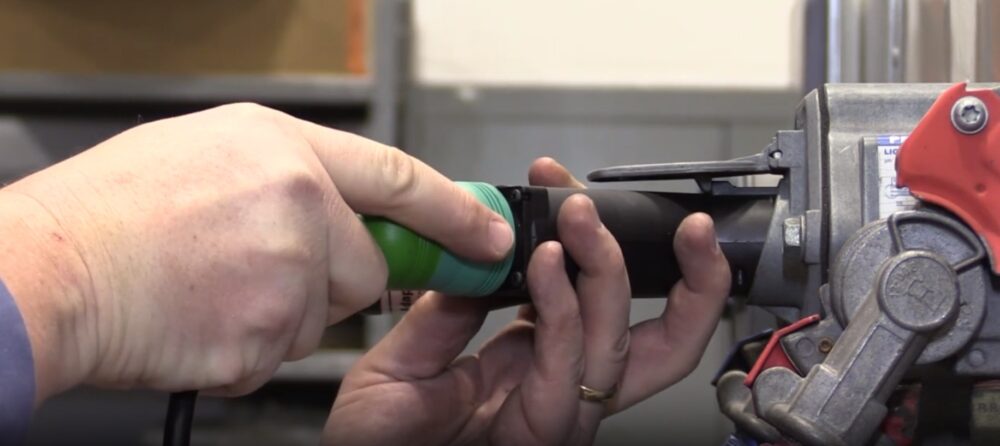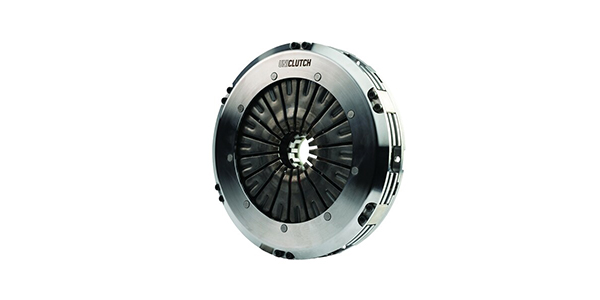LISTEN TO DAD
How many times did your dad have to tell you? Have you ever used a screw driver as a chisel? How about a big rock as a hammer? If you have, then you’re just like many of us who have ended up with a broken screw driver or bruised hand. Bad things can and do happen when you don’t use the right tool for the job. Misuse of small hand tools can cause minor injuries or property damage. Using certain types of equipment improperly can have far worse consequences including death, serious injuries and catastrophic property losses.
SELECT TOOLS CAREFULLY
What is the worst that could happen? Perhaps some examples of equipment misuse would demonstrate better than anything else. The following are taken from actual events that resulted in losses for our customers – property damage (fire, building and equipment damage), injuries and even fatalities.
Without going into great detail, let’s look at which safety policies are frequently violated and what equipment is often used in inappropriate and unsafe ways.
UNSAFE USES OF TOOLS
Automotive Lifts – Used as engine hoists.
Forklift Trucks – Used as automotive lifts, scaffolding and “manlifts” for changing light bulbs and performing other elevated work; chains often attached to a single fork that is then used to lift, remove or transport engines and transmissions.
Tow Trucks – Used in lieu of crane for lifting, pulling or dragging heavy items; also substituted for a roll-back for long-distance hauling.
Procedure for Draining Gasoline Tanks – Safety policies requiring UL-listed or FM-approved equipment are ignored. Gas drained into open five-gallon buckets or pumped out using unsafe electric pumps or old fuel pumps. Holes have been drilled (electric drill) and punched in tanks to remove fuel.
Inflating Truck and Automotive Tires – Extremely dangerous to fully inflate outside of a safety cage (per OSHA: “restraining devices or barriers”); inflating without using a clip-on chuck, in-line valve with a pressure gauge and “a length of hose between the clip-on chuck and the in-line valve to allow the employee to stand outside the trajectory”; using a flammable liquid, a match and a small explosion to seat the bead on a tire; and installing the wrong size tire on a rim. Severe head injuries and fatalities are associated with these types of events.
Shop Vacs – These have been used for flammable liquid clean-up and to drain gasoline from tanks.
Cutting Torches – Removal of, or work around, gasoline tanks and removing shock absorbers can be very hazardous due to the possibility of explosion. Not providing a fire watch for at least 30 minutes after work is completed is also hazardous. Hot slag can smolder in combustible materials (car interiors, trunk linings, the cardboard boxes parts are packed in, wood packaging, insulation in walls and vehicles, etc.) for extended periods of time before finally catching fire.
Faster is not always better
The desire to get a job done quickly often overrides the need to do it safely. The old adage of “haste makes waste” may come to mind – and for good reason. Accidents frequently occur when someone gets in a hurry and substitutes what’s “handy” or close by, for the right tool. Service technicians can often make more per hour if they complete a job faster than the designated “book hours,” so the temptation to take shortcuts and ignore safety precautions can be great. Frequent “comebacks” may be an indication that an employee has decided that speed is more important than safety.
Bottom Line: Management Responsibility
Employees must be taught and encouraged to do each and every job in a safe and efficient manner. Why take unnecessary risks with lives, expensive equipment or customer vehicles? Supervisors and managers must be held responsible for establishing mandatory work procedures, providing training to employees on how to do the job right and finally for monitoring the workplace to ensure these policies are followed. Remember to spend extra time with new employees as they are most likely to have “accidents.” Even though employees have years of experience, they may not have been required to do the job “your way."
 If you have any questions or comments, contact your Universal Underwriters Account Executive or the Loss Prevention Department at (800) 821-7803 or visit www.universalunderwriters.com.
If you have any questions or comments, contact your Universal Underwriters Account Executive or the Loss Prevention Department at (800) 821-7803 or visit www.universalunderwriters.com.
This Loss Prevention Bulletin is provided for informational purposes only. Please consult with qualified legal counsel to address your particular circumstances and needs. Universal Underwriters Group is not providing legal advice and assumes no liability concerning the information set forth above.


